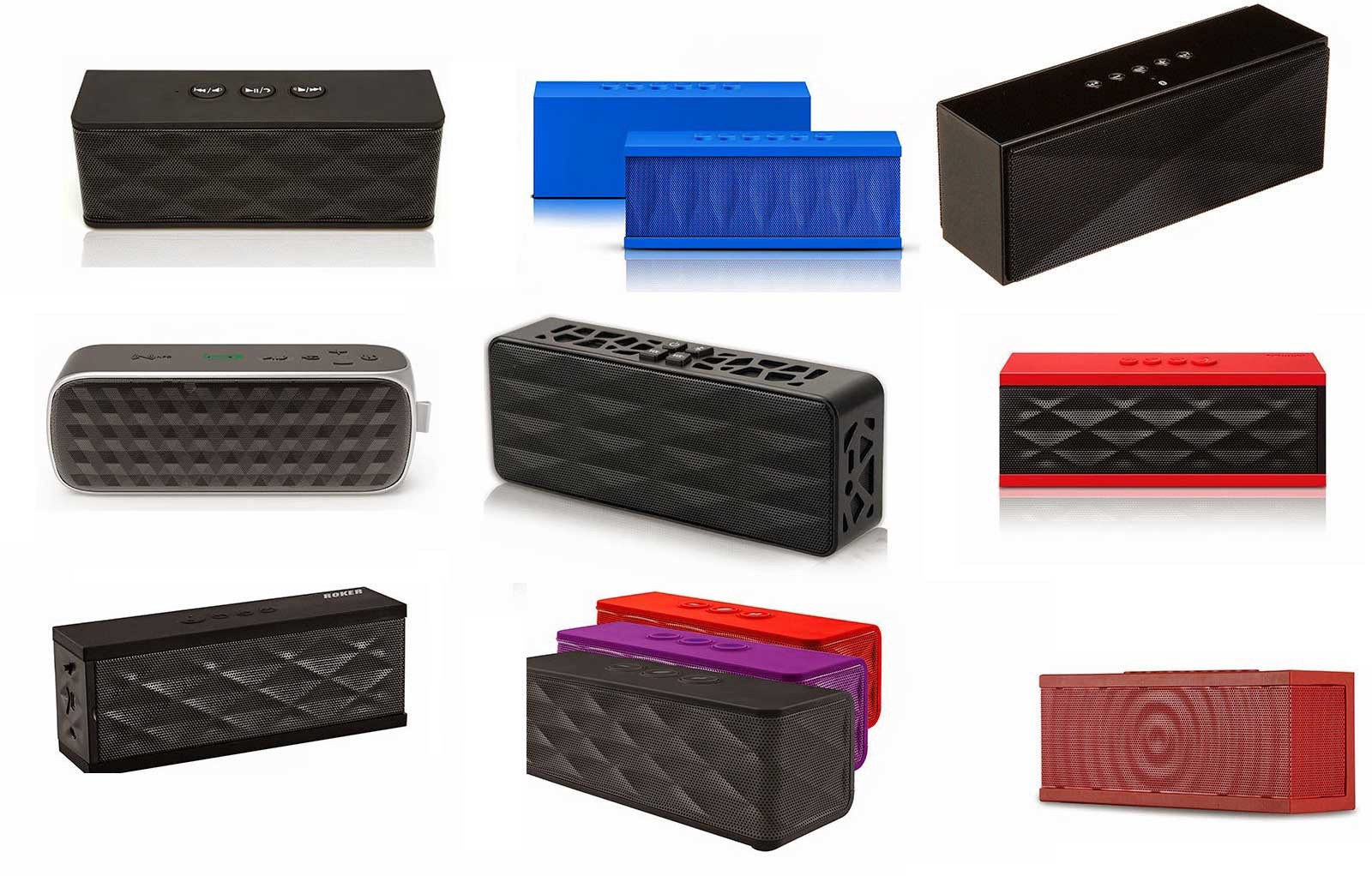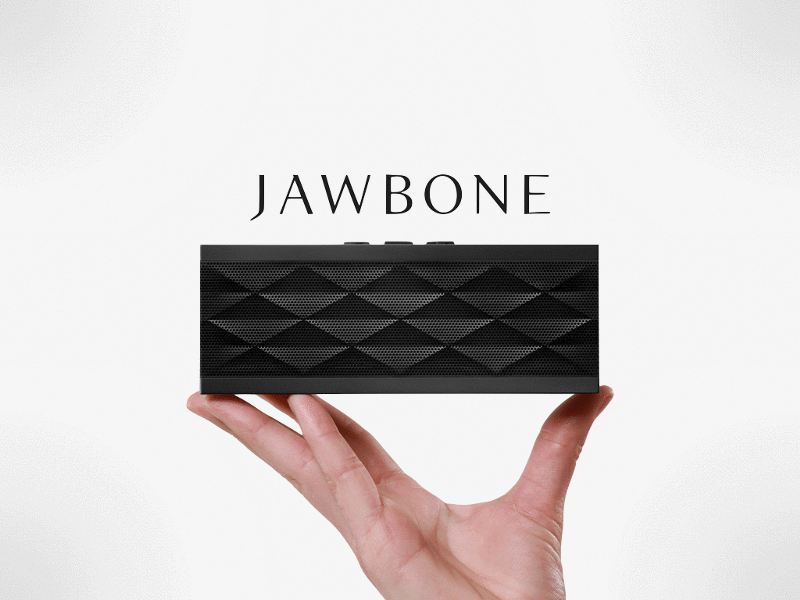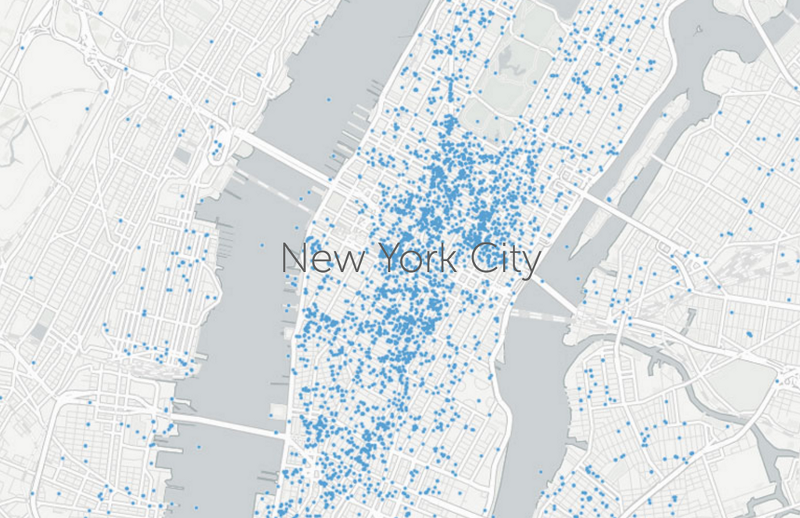
The story of hardware has been one of innovation followed by commoditization. Jawbone is a good example of this. They brought to market bluetooth headsets and speakers that defined their categories, only to have their margins whittled down by competitors.

When talking with early stage hardware startups, founders like to tell a lot of myths about the tools they have to combat this: “Our technology is better!” “Look at the specs!” “We have patents!”
In the short run, this may be true. There are lots of barriers to entry in hardware: manufacturing sucks, retail sucks, and some products are really hard to build. If you solve a pain point and provide a better experience you can make a pretty good return for a time.
In the long run, these barriers to entry are surmountable. It is easier to copy than innovate: there are now 2,800 SKUs of bluetooth speakers sold by Amazon, many of them Jambox knockoffs. This is why, for most hardware product categories, your value as a company is directly linked to your ability to constantly release new products and stay one step ahead of your competition. Few companies can keep up this pace of iteration indefinitely. You will be commoditized…..unless you build in network effects.
Direct Network Effects
Network effects occur when increased usage of a product by one user makes that product more valuable for everyone. Network effects create barriers to entry for competitors and barriers to exit for existing users. This is well understood in software (think social networks, airbnb, etc) but less talked about with hardware. A classic example is telephones. Other hardware examples:
Tile helps users locate items they’ve lost. The more people that own a Tile, the likelier it is I’ll find my stuff. The more Tile users there are, the more valuable my own Tile is.
Gotenna lets you use your smartphone to text & share locations when you don’t have cell coverage. Use cases include hiking, music festivals, or traveling abroad. My goTenna becomes more valuable when more friends buy it. If my friends already have one, I’m more likely to buy one myself.

Indirect Network Effects
Indirect network effects occur when the ubiquity of one product increases the value of a complementary product which in turn increases the value of the original. A classic example is DVD players and DVDs. A more recent example is Keurig.
I don’t care how my neighbors drink their coffee but the more people that own Keurig machines, the likelier it is that my grocery store will stock their pods. If my grocery store stocks their pods with the brands I like, the likelier it is that I’ll buy a Keurig machine vs that of a competitor. These businesses are hard to build but create high barriers to entry for competitors.

Other hardware companies have attempted this at the user level. If I already have a Fitbit I’m more likely to buy the Fitbit Aria scale vs. the Withings scale so that everything works together. Because this happens at a local level this isn’t a true network effect and is less defensible long term but it does influence customers to stay within your ecosystem.
Where to find network effects
Some product spaces are more prone to network effects than others. In particular:
- Consumables businesses similar to Keurig like Kuvee and Sutro (Bolt companies)
- New media platforms similar to Kindle like Qleek and Meural (also Bolt companies)
- Hardware devices that enable communication like Onyx and Insensi
For these companies, becoming category leaders will be super important. Market spaces that have network effects tend to be winner-take-all.
Commoditization is relentless. The Shenzen supply chain can ramp up to make an endless supply of hoverboards just a few months before Christmas. The good news is, hardware companies with network effects built into their core have a unique ability to stay on top, rather than being knocked off.
Notes:
- A16z just published a great primer on network effects. Check it out here
- Thanks to Kate McAndrew, Ben Einstein, and Rob Stevens for their help with this post!
Bolt invests at the intersection of the digital and physical world.